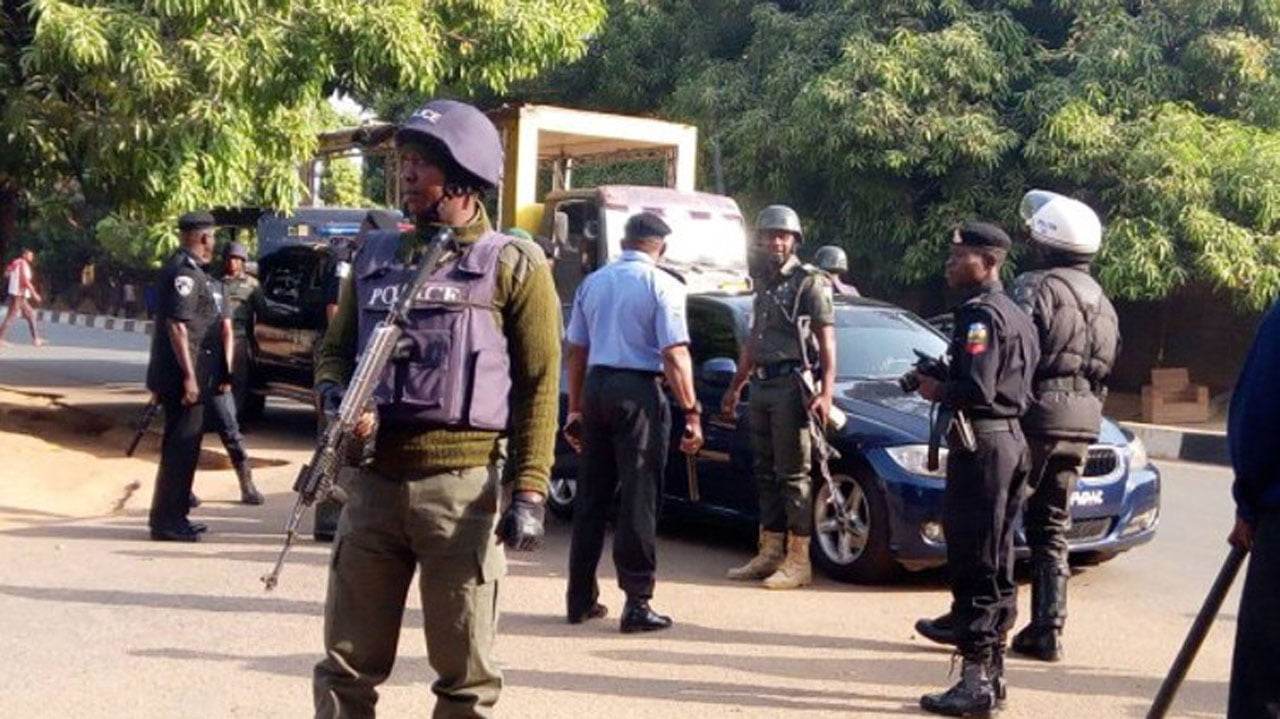Negotiations for a new minimum wage have hit a deadlock as the Federal Government and organised labour struggle to reach a consensus. During this year’s International Workers’ Day celebration in Abuja, President Bola Tinubu hinted at the impasse. The President’s Special Adviser on Information and Strategy, Mr Bayo Onanuga, criticized workers’ insistence on the N615,000 minimum wage, stating that an agreement on the amount hadn’t been reached.
Joe Ajaero, the President of the Nigeria Labour Congress, defended workers’ demand, stating that organised labour wouldn’t accept any wage that would impoverish its members.
The deadlock comes despite the establishment of a tripartite committee in January, comprising government, labour, and private sector representatives, to review the N30,000 minimum wage set by former President Muhammadu Buhari. Last month, both the NLC and the Trade Unions Congress submitted a proposal of N615,000 minimum wage to the committee, but the government hasn’t accepted it.
Top officials of the Federal Ministry of Labour and Employment revealed that while organised labour insisted on N615,000, the government and private sector proposed between N60,000 and N70,000, leading to a stalemate.
Ajaero defended the proposed N615,000, stating it was based on an analysis of the current economic situation and the needs of an average Nigerian family of six.
Tinubu assured workers of a resolution soon, emphasizing the government’s openness to a living wage. He reaffirmed the administration’s commitment to improving workers’ welfare.
The Presidency faulted the N615,000 demand, stating it was unfeasible for the government. Onanuga emphasized the need for an amount both government and private sector could afford.
While the Vice-President, Shettima, urged the committee to speedily reach a resolution, Labour Vice President Tommy Etim argued that the committee hadn’t reached the stage of finalizing agreements.
At the May Day celebration, organised labour demanded an end to excessive government borrowing and criticized the handling of the energy crisis and fuel scarcity.
The NLC and TUC called for a reversal of the recent electricity tariff hike, stating that it would devastate domestic manufacturers. They demanded transparency in the management of the nation’s resources and a reevaluation of privatization in the energy sector.
ChatGPT can make mista







2 Comments